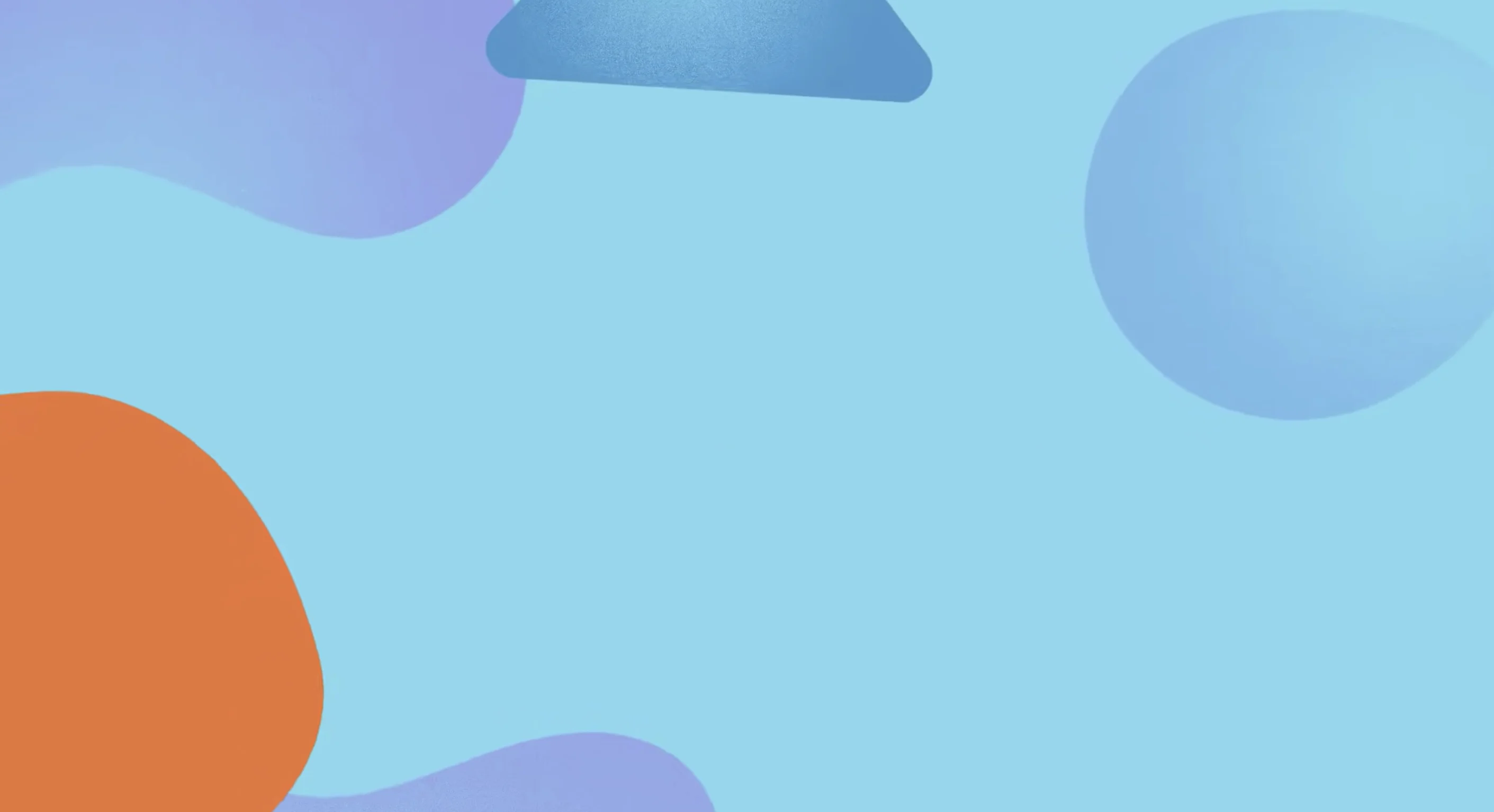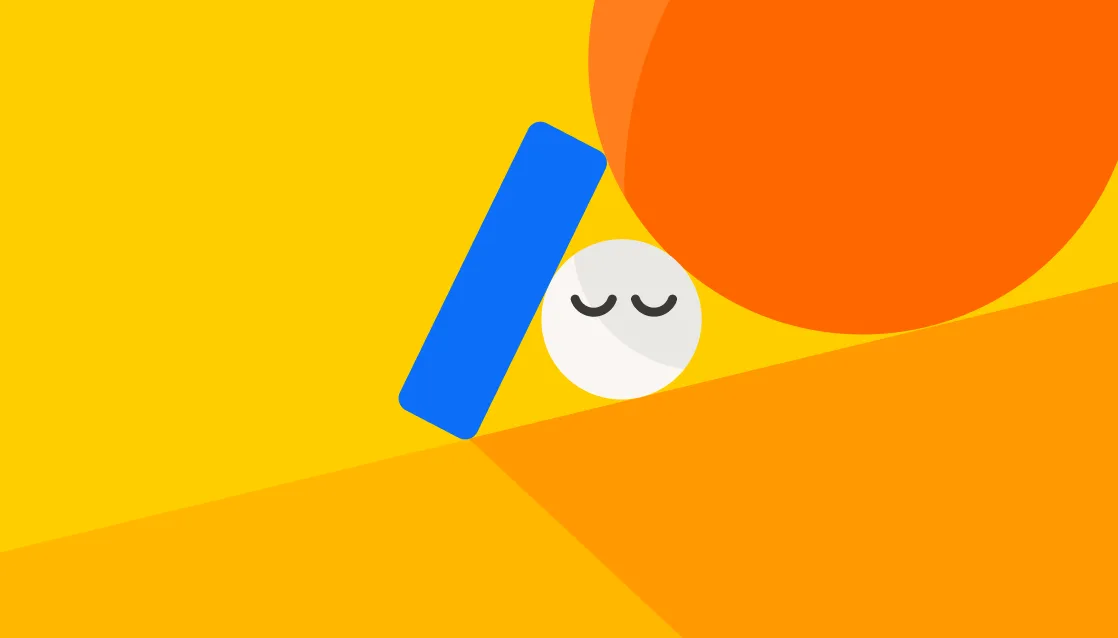How to deal with FOMO
If mindfulness centers around the idea of being present in the here and now with gentle and open awareness, FOMO (AKA fear of missing out) is based on the exact opposite behavior: a feeling of longing to be somewhere else, or a sense that we might be happier if only we were doing something else, to the exclusion of the present moment.
While FOMO certainly isn’t exclusive to the world of social media, it’s where this thorny feeling tends to run wild. As useful as these platforms can be, they also have a knack for showing us everything and everywhere we’re not: it may only take a few seconds of scrolling to discover that one friend is on vacation, another is out with a mutual friend, and a third just got promoted. Suddenly, an evening that felt peaceful just a moment ago may now feel inadequate. It’s easy for the mind to get stuck in this FOMO-fueled groove, but it’s also possible to find ways to escape it.


Watch Mini-Meditation: Find Your Focus
1 min
Key takeaways:
-
FOMO can negatively affect our mental and physical health
-
Simple practices and daily habits can build awareness and reduce FOMO’s side effects
-
Try 9 meditations that can help you deal with FOMO
Recognizing FOMO
At first, FOMO may feel synonymous with envy: I wish I was also vacationing on a tropical island right now; I’d also like to be invited to this party my friend is attending. But over time, these thoughts may begin to resemble something closer to anxiety: Would I be happier if I was doing what that person is currently doing? It doesn't seem as though I’m having as much professional success as my friends, what am I doing wrong?
This thought pattern progression isn’t just common. Researchers have found FOMO to be a catalyst for mental health issues, such as anxiety and depression. Another study found that college students who reported more FOMO also reported more negative physical symptoms (headaches, shortness of breath, sore throat, chest pain, etc.) and lower mindful attention. Previous research has linked FOMO with poorer personal motivation, academic performance, and interpersonal relationships.
So, a fear of missing out may begin as a feeling only experienced while scrolling through social media, but it can quickly become something that also affects life offline. Thankfully, there are practices and daily habits that may help to reduce FOMO and its side effects.
How to reduce FOMO using meditation
FOMO has the ability to remove us from the present moment and make us less attentive. Our mind wanders, too concerned with where else we’d rather be, instead of being engaged with what we are doing or whoever we are with. But we can prevent that from happening by becoming more mindful.
We become more mindful by training the mind to be more present and less distracted, and we do that via the practice of meditation. In other words, we are teaching ourselves to focus on what we’re currently experiencing versus what we could be doing. With practice, we learn to release all ruminating, comparative, or distracting thoughts so often sparked by social media. We learn to see how the thinking mind behaves and understand that we don’t have to go along with it — we can choose to stay present instead. Something as simple and straightforward as a 10-minute guided meditation may be a gentle way to bring more mindfulness into the day.
How to mindfully manage time spent on social media
Meditation is an excellent first step to help curb FOMO, but to truly reduce this feeling as much as possible, it’s also important to address how we interact with its primary driver: social media.
Unsurprisingly, researchers have found a significant correlation between feelings of FOMO and time spent on social media. In fact, limiting our social media use may lead to significant improvement in our well-being, according to a 2018 study. Participants in that study who limited social media time to approximately 30 minutes a day experienced a notable decrease in feelings of loneliness and depression over 3 weeks. And all participants — even those who didn’t limit their time spent on the apps — showed significant decreases in FOMO and anxiety during that time, suggesting that increased self-monitoring can be a beneficial tool (and one that we all have readily available to us).
During moments when we’re actively engaging with social media, Headspace co-founder and former Buddhist monk Andy Puddicombe offers a bit of advice that may be helpful to keep in mind:
“Something that we were taught in the monastery was to always take a moment to pause before beginning any activity. The idea was to be aware, not only of the action but also of the intention behind the action. For example, before eating we might pause and notice whether we were eating because we were hungry, or because we were bored. This became an incredibly useful tool and something which is every bit as helpful and relevant outside of the monastery, no matter what we are about to do.”
The next time we’re able to sense we’re on the verge of a social media binge, let’s consider pausing to notice the feeling. What’s motivating us to log on? What storylines or fears may be fueling the thoughts that surface as we scroll? As we practice this process, we’re ultimately training the mind in awareness, a skill that may help us identify when it’s time to close the apps to preserve our mental health.
Try 9 meditations for dealing with FOMO
Looking for more meditations to ease FOMO and help stay in the present moment? The Headspace app offers subscribers several courses and single meditations on topics related to social media and anxiety, including:
-
Compassion and Awareness guidance. When we’re present and free from judgment, we uncover two different qualities that are one and the same.
-
Putting Down Our Phones guidance. Devices don't cause stress — how we relate to them does.
-
Managing Anxiety 10-day course. Experience anxious thoughts from a new perspective.
-
Obsession Advice. Obsession can feel consuming. Learn how to be more present in the moment.
-
Restlessness 10-day course. Learn to work with a restless mind more skillfully.
-
Reframing Loneliness 10-day course. Learn to feel more connected to the world around you.
-
Reset meditation. Find some focus and relaxation during a busy day.
-
Alone Time meditation. Allow yourself to unwind when no one's around.
-
Connect With the World mindful activity. Get out of your head and into the world around you.
Social media has become such an integral part of everyday life that it may not feel feasible to fully unsubscribe from it — and quite honestly, one may not want to. But if our time online is causing FOMO, it’s possible to gain more control over the way these apps make us feel. If and when negative emotions begin to arise, we can use mindfulness to pause, observe, and consciously direct the attention back to the present.


Be kind to your mind
- Access the full library of 500+ meditations on everything from stress, to resilience, to compassion
- Put your mind to bed with sleep sounds, music, and wind-down exercises
- Make mindfulness a part of your daily routine with tension-releasing workouts, relaxing yoga, Focus music playlists, and more

Stay in the loop
Be the first to get updates on our latest content, special offers, and new features.
By signing up, you’re agreeing to receive marketing emails from Headspace. You can unsubscribe at any time. For more details, check out our Privacy Policy.
- © 2025 Headspace Inc.
- Terms & conditions
- Privacy policy
- Consumer Health Data
- Your privacy choices
- CA Privacy Notice



